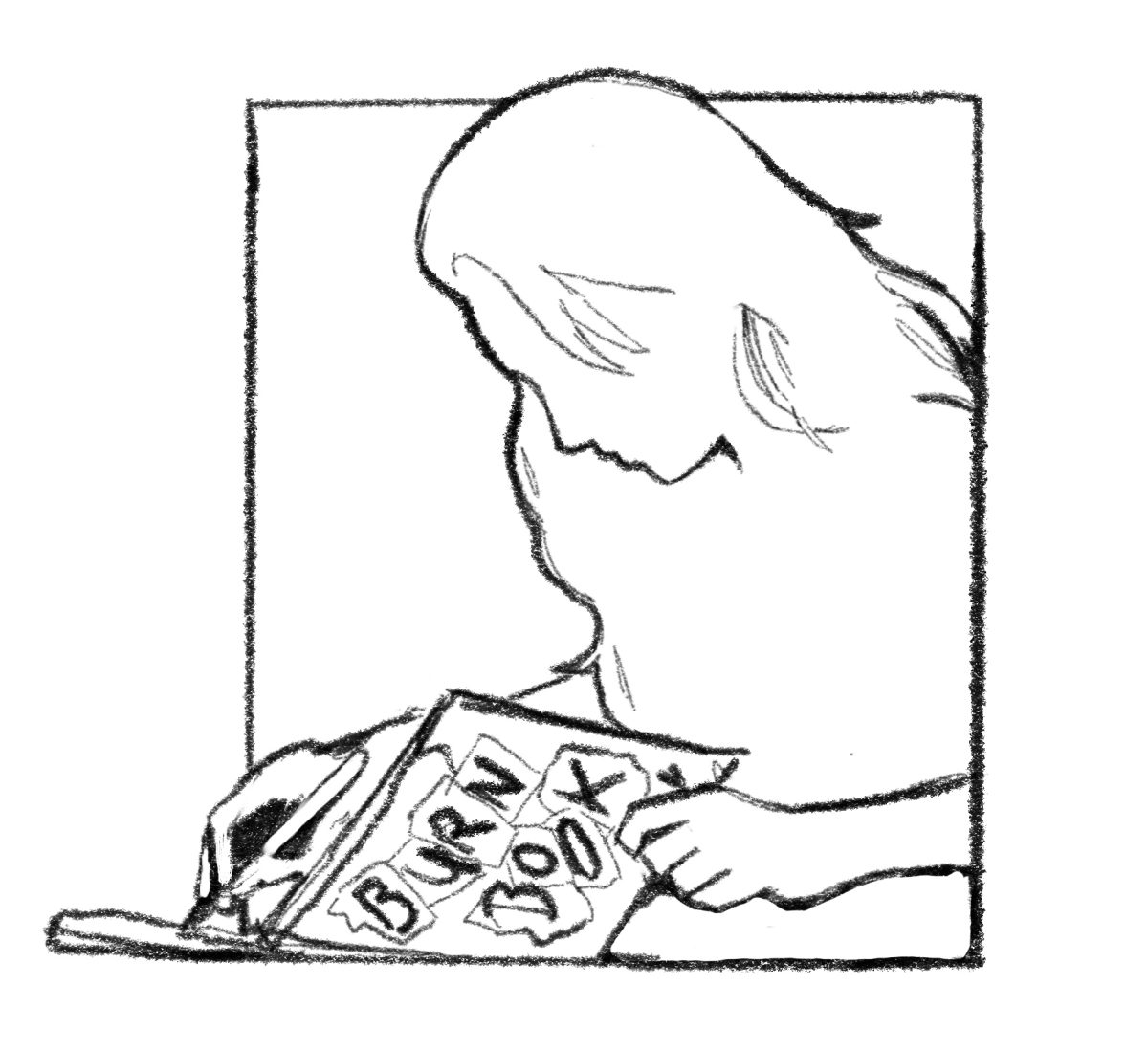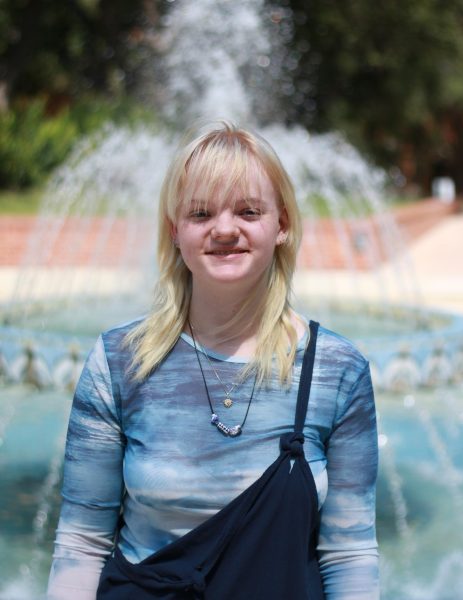I was born in 2004, which tells you that between the ages of 10-13, the main source of influence in my life came from electropop and bubbly dance music. However, despite my passion for music, there was a thread of self-acceptance that always seemed elusive.
I really wish my childhood wasn’t defined by a group of boys telling me that the only reason I’m beautiful is because I don’t know that I am. Until Daya’s “Sit Still, Look Pretty,” released in 2016, basic confidence never directly struck me through the mainstream pop I adored.
I remember being 12 years old and hearing that song for the first time. Although several other songs likely highlighted self-confidence in this way, “Sit Still, Look Pretty” is the one I remember most prominently as impacting my perception of empowerment.
Years later, Olivia Rodrigo’s sophomore album, “GUTS,” entered my life like a musical time machine. Reminiscent of 2000s pop-rock, her songs sound like my childhood favorites — but more raw and explicit. A track on the album, “pretty isn’t pretty,” builds on the momentum put forth by “Sit Still, Look Pretty” and Alessia Cara’s “Scars to Your Beautiful.”
Though Rodrigo’s music retains the joie de vivre of one of the old classics, her lyrics are much more current and pertinent — it’s the best of both worlds. Listening to “GUTS” felt like a musical revelation, and I wished I had encountered such honesty during my own coming-of-age.
“GUTS” acts as an excellent sequel to her first album, “SOUR,” in which she’s a teenager recovering from an unfortunately publicized breakup. Rodrigo’s growth is evident and shaped by the attention formed by every controversy that follows her. While almost every track on her former album is full of sorrow from her recent heartbreak, tracks like “get him back!” and “bad idea right?” show that she’s moved on and is embracing the attitudes that raised us: rebelliousness, dance-pop and most importantly, bad decision-making.
Something that truly signifies her maturity as an artist is the embarrassment she lays out, clear as day throughout her pieces. Rodrigo’s initial reluctance to do so is best evidenced by an interview she had with Apple Music: “I couldn’t sit at the piano without thinking about what other people were going to think about what I was playing,” she said. That has long since passed, and “GUTS” is the result of letting go of the pressure of expectations.
A lot has happened between her last album and this one, and that has definitely contributed to her newfound perspective. Besides her Grammy and Billboard wins, she’s also performed on SNL and sung with Billy Joel, not even considering the work she’s done in activism. Namely, she protested the decision to overturn Roe V. Wade during a concert, and she promoted the COVID vaccine in a press conference with the Biden Administration.
While her activism and collaborations with figures like President Biden have been remarkable, it’s worth noting that an overarching theme within her ‘GUTS’ album sheds light on a different aspect of her journey. It is best depicted in the album’s final song, “teenage dream.” She uses the track to illustrate the fear of always being perceived as a youthful adolescent and never taken seriously — but she’s also scared that her creativity will one day run out and that her career has already peaked.
“GUTS” is so much more than just an album. It’s a confusing whirlwind of emotions that invokes themes of belonging and acceptance while maintaining the pop-rock energy. I’ve heard people complain about it, claiming the cacophony of motifs and instruments is a difficult pill to swallow.
While I understand where they’re coming from, Rodrigo’s music embodies the energy of the golden era — otherwise known as the early 2010s. It’s been a long time since then, so the mindset of youth and carelessness has slipped away, but it’s never too late for a reminder.
Indulge me, listen to “Want U Back” by Cher Lloyd or “Call Me Maybe” by Carly Rae Jepsen, remember how amazing the early 2010s were, and then listen to “GUTS” all over again. Trust me, you’ll see a difference.









